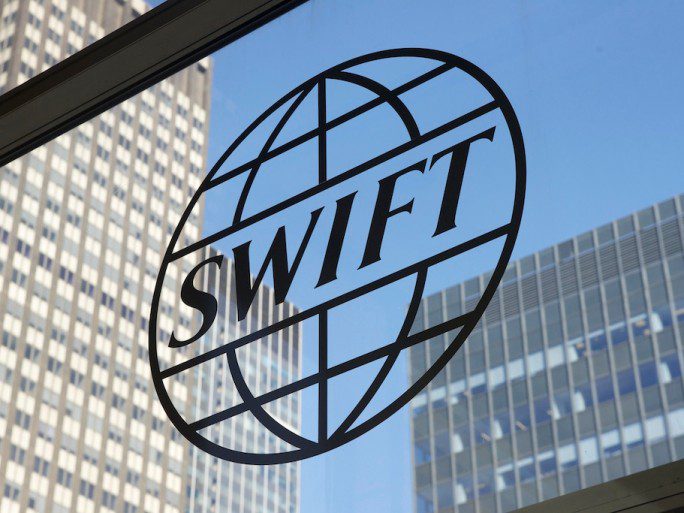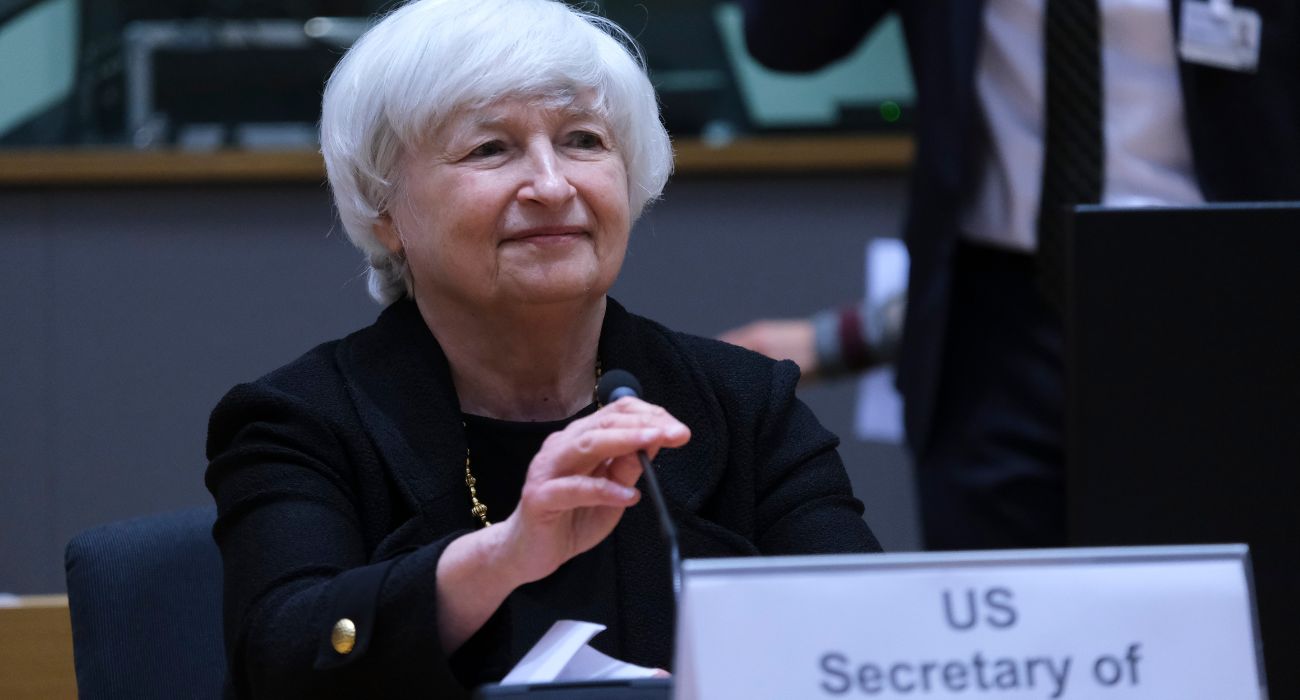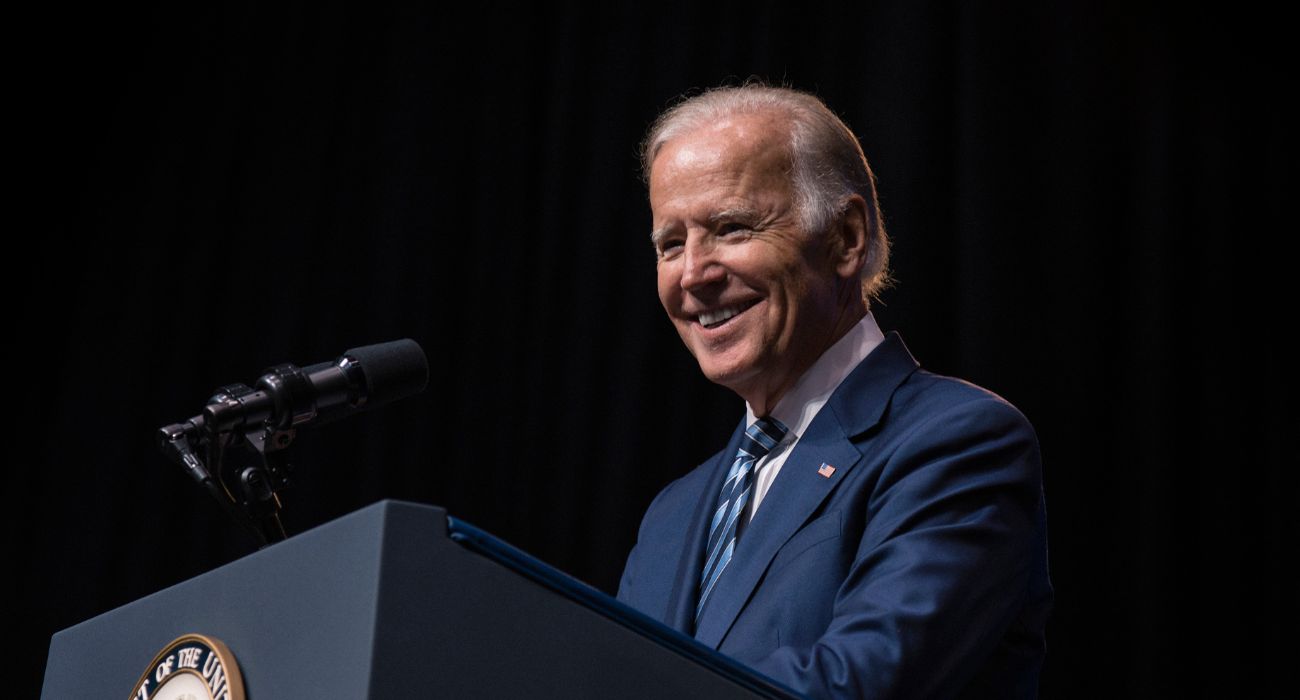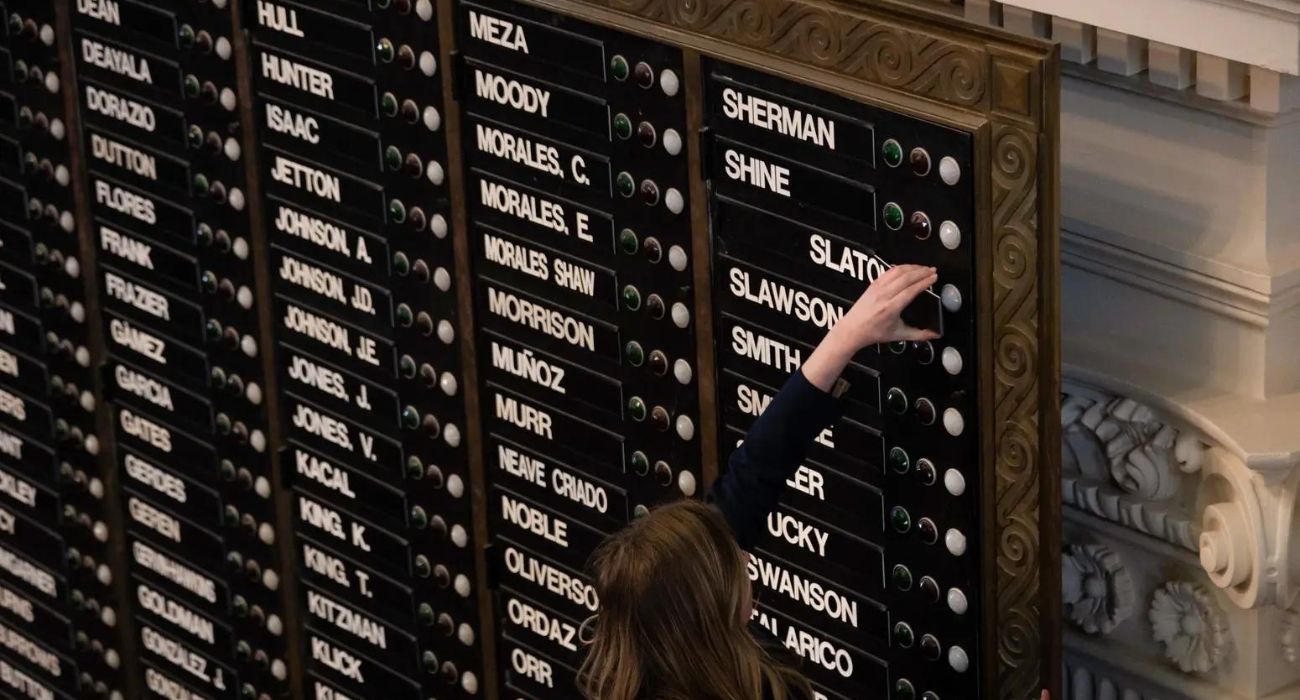The U.S. and its allies, including the European Union (EU), have announced they will attempt to stall Russia’s economy and banking systems as punishment for Vladimir Putin’s invasion of Ukraine. The allies intend to execute this by expelling a select number of Russian banks from SWIFT, a global bank-to-bank payment system.
SWIFT, which stands for the Society for Worldwide Interbank Financial Telecommunication, is a financial-messaging infrastructure that links the world’s banks. SWIFT does not handle the money transactions themselves, but instead serves as a messaging system, providing a secure way for banks to send transfer requests to each other.
Often money travels through multiple banks before arriving at its final destination, especially if the transaction involves foreign currency. SWIFT’s job is to route messages from one bank to another, which allows them to know where the money will ultimately wind up.
SWIFT handles millions of daily payment instructions for more than 11,000 financial institutions across two hundred countries and territories. North Korea and Iran have been cut off from the system for several years.
“What we’re committing to do here is to disarm the central bank,” said Biden in a press conference on Saturday. “And the way we can do that, for example, is by preventing U.S., EU, U.K. people from selling rubles to the Central Bank of Russia. That means very simply, the Russian Central Bank can’t support the ruble, and that means our sanctions will have much greater force.”
The ruble is the official currency of the Russian Federation.
Moscow will be severely affected when the U.S. and its allies bring the hammer down on the Russian Central Bank. The government has accumulated a total of $630 billion in reserves, but only held 15% of that amount in dollars to protect itself from potential sanctions.
Russia will still be able to make banking transactions with other countries, but without SWIFT, it will be much more labor-intensive and expensive. The weight of the sanctions will likely be felt by Russia’s key trading partners as well. This includes the European Union, which relies on Russia for imports of gas and oil.
Though Russia is cut off from SWIFT, it has a couple of potential alternatives available. Over the years, the country has developed its own payment system, and even though it currently has only twenty-three foreign banks attached, it could still prove to be an asset.
Another possible option is utilizing China. Beijing also has its own payment system, with more international banks than Russia.
In addition to expelling Russian banks from SWIFT, the U.S. and its partners agreed to limit the sale of so-called “golden passports,” which allow wealthy Russians to become citizens of Western countries and move assets overseas.
“We stand with the Ukrainian people in this dark hour,” said The White House in a statement. “Even beyond the measures we are announcing today, we are prepared to take further measures to hold Russia to account for its attack on Ukraine.”
Maria Zakharova, spokesperson for the Russian Foreign Ministry, issued a response following the White House’s announcement of the sanctions, stating that the West has shown “absolute impotence” when it comes to foreign policy. “The issue is that we have reached the line where the point of no return begins,” she said.
Per The Wall Street Journal, the European Union was set to instruct the SWIFT financial network to delist seven Russian banks on March 1.






